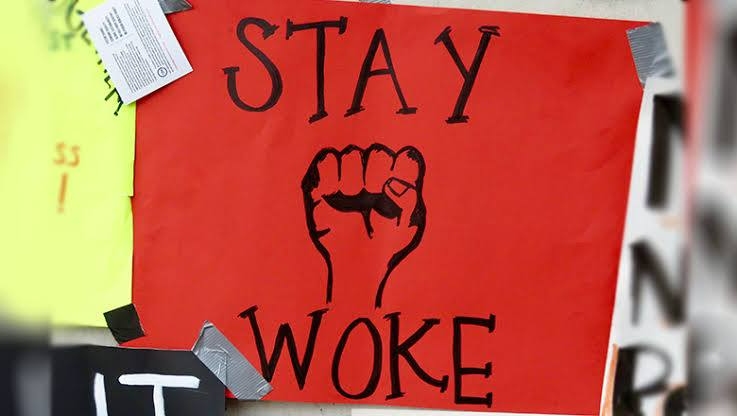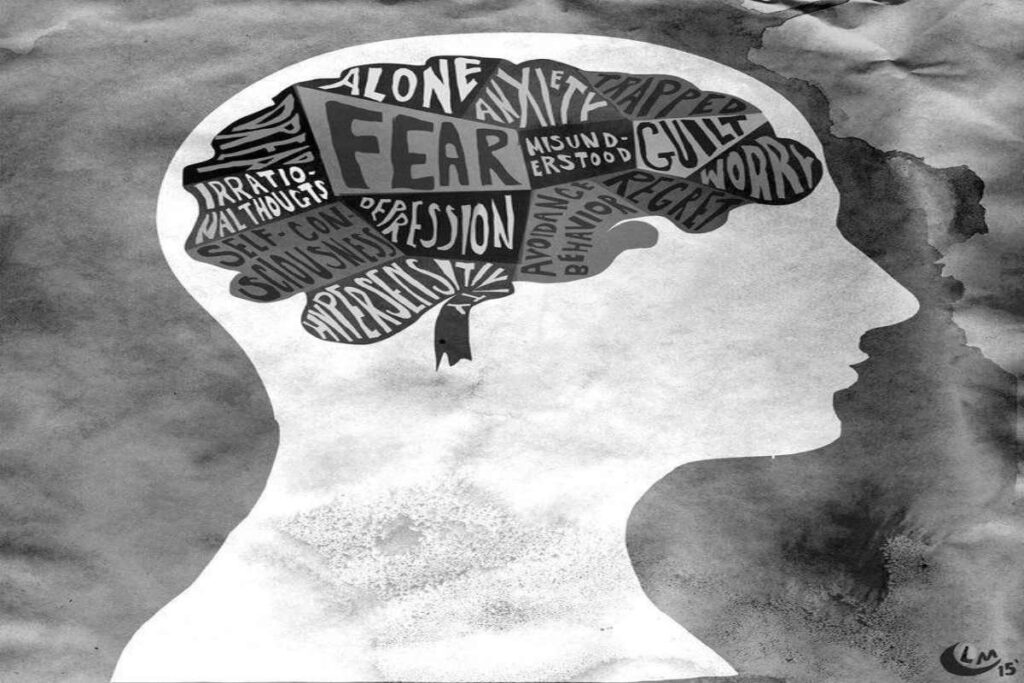The world is changing fast, from all the technological advancements to climate change and everything in between. However, a new study from Finland has shown that all this hyper-awareness of what’s going on around us and even with our neighbors can lead to feelings of anxiety and depression.
It’s like our minds are constantly processing so much information. The study, which has gained traction, delves into the “woke” concept. Here’s all you need to know.
The “Woke” Study in Finland
The word “woke” is a slang term for being aware and informed, especially about social and political issues. It’s about being awake to what’s happening in the world and not being ignorant. People who are “woke” are usually really passionate about fighting for equality and justice.

Since it has become such a big thing globally, some psychologists in Finland wanted to see how it affects people’s mental well-being. They wanted to dig deeper and discover the deal with all this woke culture and how it plays into our minds.
Studying the Mentality of Woke Culture
The researchers from the University of Turku in Finland started by surveying 851 peeps, but then they stumbled upon something interesting. So, they decided to take this to another level. They expanded the study to include 5,000 people from all over the country.
The researchers had this first task: They wanted to figure out what makes someone “woke” or not. To do that, they came up with seven statements that are truths about such people. If someone agrees with these statements, we can classify them as woke. It’s all about finding those shared beliefs and ideas.
ALSO READ: Study Shows Swapping Meat for Mushroom Protein May Reduce Cholesterol
The Seven Truths
During the survey, the researchers discovered seven truths. The truths include these statements: “We don’t need to talk more about the color of people’s skin,” “If white people have on average a higher level of income than black people, it is because of racism,” and “University reading lists should include fewer white or European authors.”
The other statements said, “A white person cannot understand how a black person feels equally well as another black person,” and “Microaggressions should be challenged often and actively.”
Also, they reverse-scored the statements: “Trans* women who compete with women in sports are not helping women’s rights” and “A member of a privileged group can adopt features or cultural elements of a less privileged group.”
The Study Realized Women Were Typically More “Woke” Than Men
When the researchers asked people to agree or disagree with those seven statements, they noticed something interesting. Way more women were like, “Yeah, I agree with that!” than men. It’s like the ladies were more on board with the vibes.
Oskari Lahtinen, senior researcher at the INVEST Research Flagship Centre at the University of Turku and author of the study, told the press, “The gender divide was probably most surprising to me. Three out of five women positively view ‘woke’ ideas, but only one out of seven men.”

The Study’s Discovery About Their Mental Health
Once the researchers figured out who had those woke ideas and who didn’t, they decided to dive deeper into their mental health. So, they asked all the participants some questions about how they were feeling mentally. It’s all about understanding the connection between being woke and their well-being.
They found that those who mostly or entirely agreed with the statements were likelier to report lower mental well-being levels than those who disagreed.
They Discovered One Statement Correlated with Depression More Than Any Other
The researchers said if someone agrees with the statement, “If white people have on average a higher income than black people, it is because of racism,” let’s see how they’re feeling mentally. Those people who agreed with that statement had a higher chance of dealing with anxiety and depression compared to the others.
So basically, what the study found is that people who believe that racism plays a role in the economy tend to be less happy compared to those who don’t think so. It’s like when people feel that racism affects their money situation, it makes them less happy overall.
Can Ignorance Be Bliss?
The question that naturally pops up is why those people who have “woke” ideas are less likely to be happy than the ones who don’t. It’s almost like being aware of certain things makes us less blissful.
It’s a complex topic. However, being aware of social issues and injustices can bring about frustration, anger, or sadness. It’s like a double-edged sword. On the one hand, being woke means being informed and wanting to make a change, but on the other hand, it can also weigh heavy on our hearts.
Most people agree that ignorance can bring more happiness. Those not caught up in social injustice have less to worry about. And when you have less on your plate, it’s easier to be happier. It’s like an “ignorance is bliss” kind of situation.
Fighting for Social Justice Can Be Depressing, and Activism Can Be Rewarding if It Works Out
Fighting for social justice can be a real downer sometimes. Once you start diving into topics like genocide, racial inequality, sexism, or white privilege, it’s hard to forget it. It’s like they stick with you, and it can be depressing. Although, it’s also essential to stay informed and keep pushing for a better world.

Some activists would argue that fighting for injustice can be super rewarding. They believe that true fulfillment comes when they make real and lasting change happen. It’s like they see their impact, and it’s a total game-changer for them. While it can be a tough battle, this sense of purpose and accomplishment keeps them going.
You May Also Like:
Obama Meets with Global Leader Amid Reports of Biden Rivalry
Kris Jenner’s Sister Karen Houghton Dies at 65
8 Ways to Wear a Scarf This Summer
10 Ways to Style Your Denim Like a Diva
Sexyy Red Says She Won’t Be Revealing the Identity of Her Youngest Child’s Father
